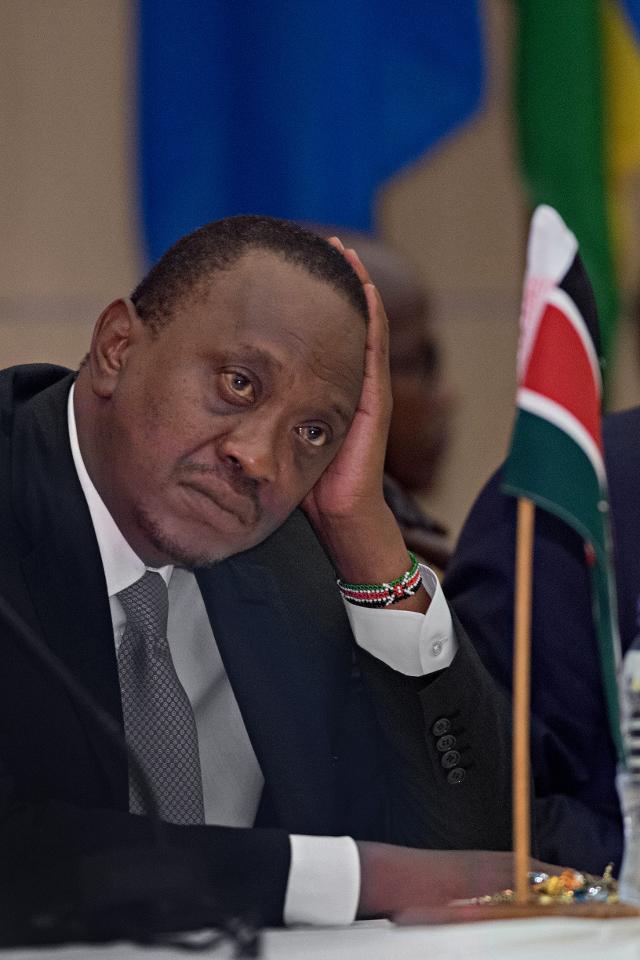Ahead of its general elections next month (August 2017), one of Africa’s leading economies – Kenya struggles with poor performance in its private sector.
The development follows a persistent decline in access to credit facilities for businesses, speculations of uncertainty about the possible outcome of the polls and a growing sense of insecurity across the country.
According to a latest report released earlier (Wednesday 5th July) by the Stanbic-IHS Markit Purchasing Managers Index (PMI), Kenya’s private sector witnessed its poorest performance since 2014 (when the index was launched).
“Down from 49.9 in May to 47.3 in June, the seasonally adjusted PMI fell to a survey-record low. Overall, the second quarter was the worst-performing quarter in the series historyâ€, the report said.
The PMI report further stated that, “firms frequently linked lower business activity to a lower customer turnout due to the political climate and weaker purchasing power among clientsâ€
On the general economic front, Kenya’s economy is also experiencing its slowest credit growth, at least in the last ten years.
A data released by the country’s Central Bank notes that in the last one year (March 2016 – March 2017), credit to the private sector grew by only 3.3 per cent: over 72 - 78% below the preferred 12 - 15 per cent considered by some market  analyst to be ideal in fueling Kenya’s economic growth.
While many observers are not surprised by the development and believe ahead of a general elections in any country, it’s natural for businesses and the economy in general to experience sluggish growth, or poor performance altogether: there have certainly been rumors that this atmosphere of insecurity in Kenya at the moment, stems from political campaigns across the nation alleged to be characterized by inciting rhetoric that has led to widespread fears of possible incidences of unrest.
Currently, the 9th largest economy in Africa with $56.3 billion in GDP (according to – africaranking.com), Kenya has over the last four years shown impressive economic performance across all sectors and has particularly been exemplary in its long-term commitments to Agricultural enhancement programmes as well as clean and renewable energy developments.
Africa and the global business community at large only hopes that all stakeholders in the country’s forthcoming elections in August will, regardless of the outcome of the polls, work together to safeguard peace and a sustained growth or  economic well-being for the nation’s businesses and people in general.Â
Â





